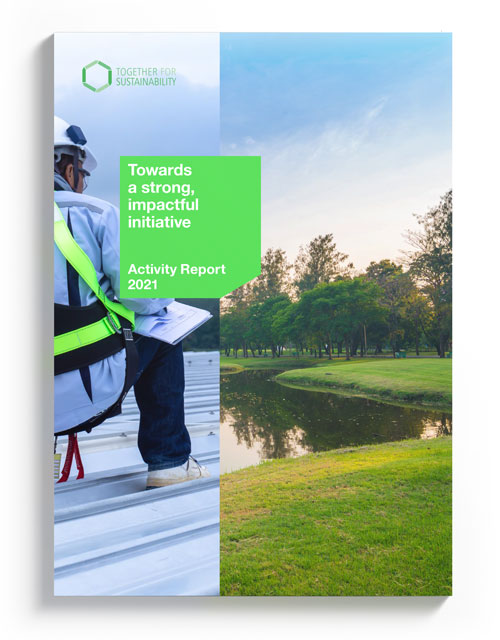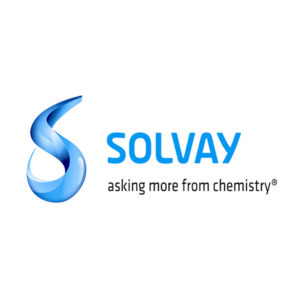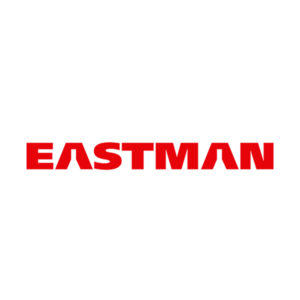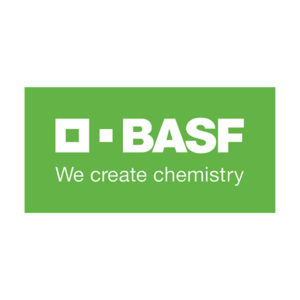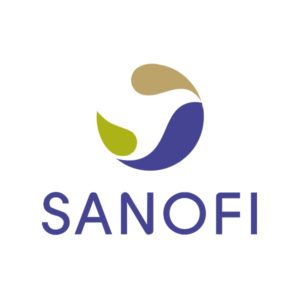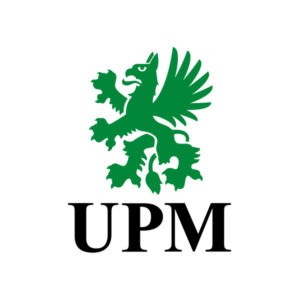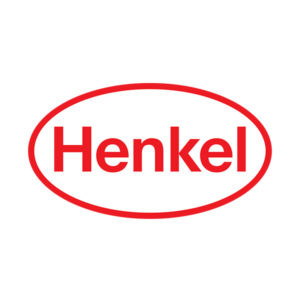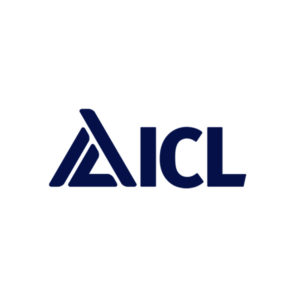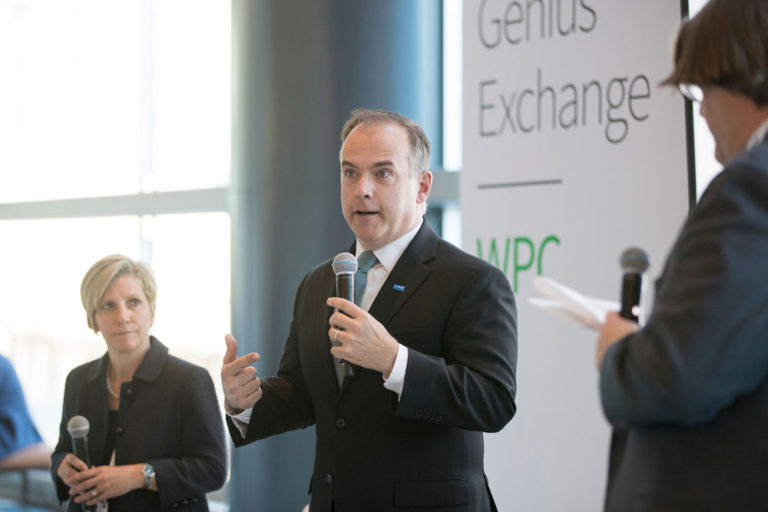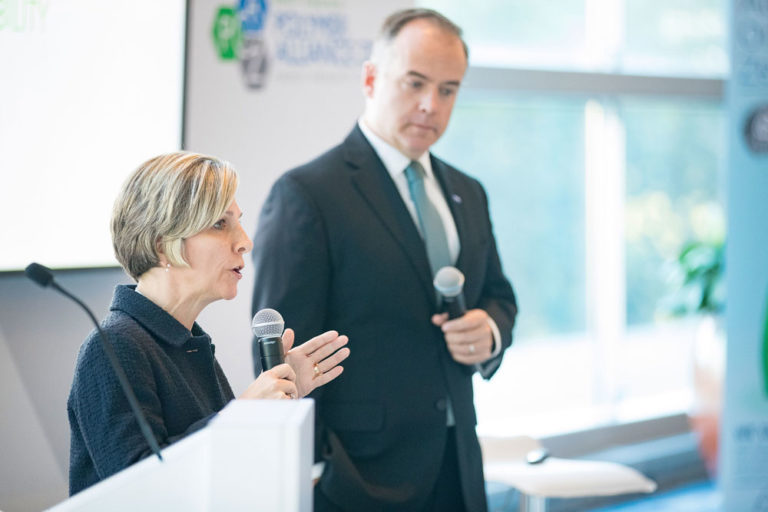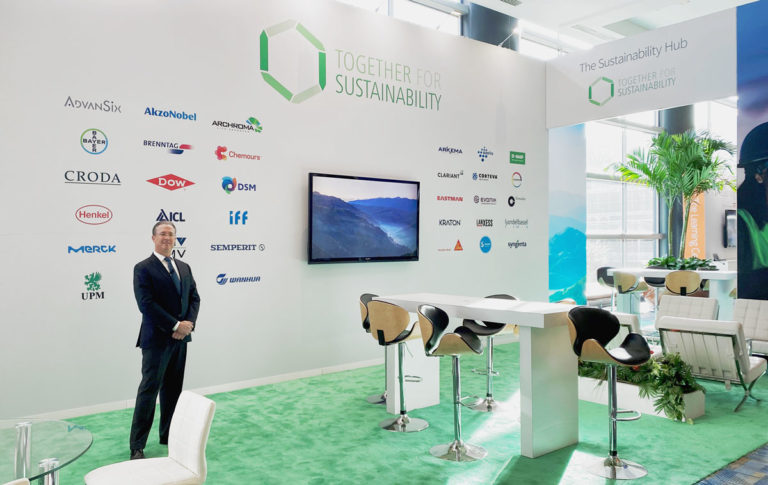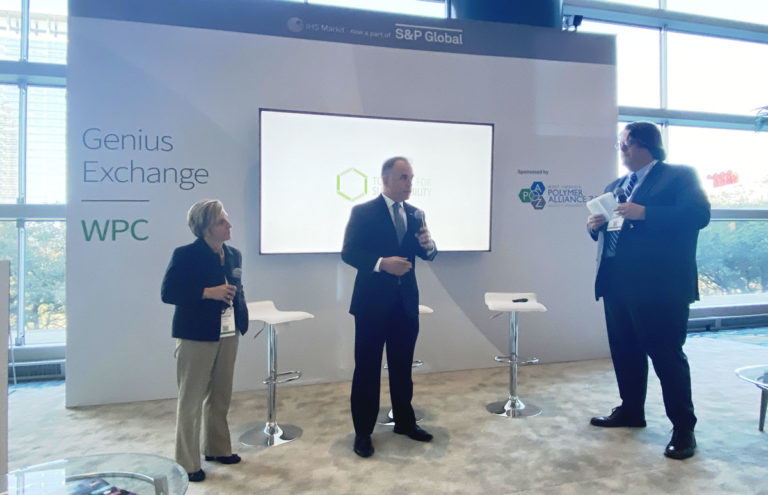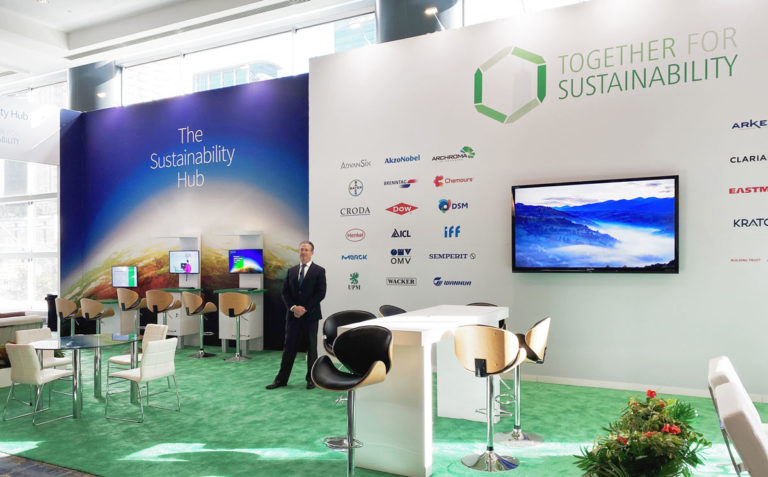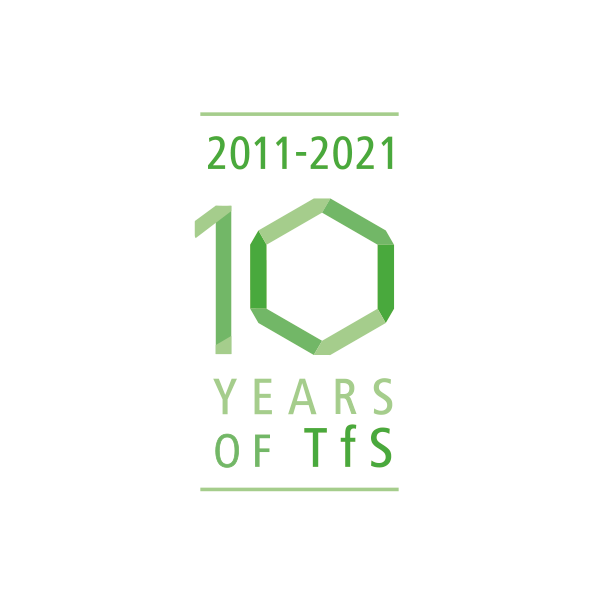

Chemical Supply Chains for a Better World
March 2022
Your privacy is important to us. We collect the above personal data to include you in our mailing list and share our newsletter with you. To know more on the way we process your personal data, take a look at our Privacy Notice. You can unsubscribe from our newsletter at any time. If you are not part of TfS community, by submitting this form you consent to our processing of your personal data.
Almost finished...
Dear reader,
TfS is a member-driven initiative assessing and auditing the sustainability performance of supply chains for both chemical companies and their suppliers. It enables continuous improvement of sustainability performance through company-supplier collaboration. For our member companies, TfS has become a key part of their corporate and CSR strategies and performance reporting.
As a solution provider, TfS develops new programmes such as the TfS Academy, a learning and development platform to upskill TfS member companies’ procurement teams and their suppliers. TfS also launched the programme on scope 3 GHG emissions Product Carbon Footprint calculation for chemical materials and sharing.
TfS is propelled by its members, represented in five workstreams: Governance, Processes, and Partnerships; TfS Assessments; TfS Audits; TfS Communications and Capability Building; and Scope 3 GHG Emissions, as well as regional teams.
We encourage you to forward this newsletter to your Buyers as well as CSR, Investor Relations, Public Affairs and Human Resources colleagues as well as the CEO Office. They, too, may subscribe and learn how – together – we are building a better world through sustainable supply chains.
Should you have any queries, please do get in touch.

TfS Activity Report 2021
Towards a stronger, more impactful initiative
Reaching a milestone ten-year anniversary, Together for Sustainability (TfS) has grown into the de facto global standard for sustainable supply chains in the chemical industry and increased its impact on the sustainability performance of its members and their suppliers.
Our recently published “2021 Activity Report” reviews the results TfS achieved last year. These include welcoming six new members (Givaudan, Chemours, Croda, Dow, LyondellBasell and OMV), kicking off a new TfS team in Singapore and implementing new programmes and technological solutions to increase the sustainability performance of supply chains.
Some 2021 highlights:
TfS Assessment and Audit KPIs 2021
- TfS conducted 5,817 Assessments and 196 Audits.
- 64% of TfS supplier scorecards re-assessed in 2021 showed an improvement.
- TfS members set their own self-defined Audit targets for the first time.
- Our new Audit database – OASIS (Online Audit Sharing IT Solution) – enabled suppliers to get directly involved in TfS online activities and be approached by members in their improvement cycle after an Audit. 66% of the findings addressed by 30 Follow-up Audits were improved.
Scope 3 GHG Product Carbon Footprint emissions calculation and sharing solution
TfS kicked off a programme on Scope 3 GHG emissions and started the development of a sector guideline for scope 3 GHG Product Carbon Footprint (PCF) calculation for chemical materials, as well as a data collection & sharing approach. Teaming up with relevant partners, TfS intends to take the global lead of the chemical industry with the solutions the programme will provide and to address what is probably the biggest challenge of our time: climate change.
Training and Capability-building
The TfS Capability and Training Programme is vital for driving continuous sustainability improvements in TfS member companies’ global supply chains. In 2021, TfS delivered nine training sessions in several languages to over 1,700 learners.
TfS has also begun the rollout of its new TfS Academy – a one-stop learning environment for TfS member companies’ buyers and suppliers.
The TfS learning platform will provide 240 e-learnings, guidelines, webinar recordings, and quick reference guides in seven languages (English, Chinese, Spanish, Portuguese, Japanese, Vietnamese, Bengali) suitable for different levels of experience.
#TfS Talks
Information-sharing and the exchange of ideas on a regular basis are a prerequisite for a connected and informed TfS Community. #TfSTalks are online discussions and knowledge-sharing opportunities prepared by and for TfS Members. #TfSTalks in 2021 addressed sustainability topics of joint interest to the TfS community, such as conflict minerals, human rights due diligence, GHG Scope 3 emissions, risk Mapping and TfS Audit/Assessment follow-up.
#TfS Connect
Our newsletter, #TfS Connect, keeps the broader TfS community informed on new initiatives and progress made on the four pillars of the TfS strategy 2020-2025: Higher Standards, Collaborative Action, Stronger Community, and Strategic Extension.
#TfSConnect was published in March and October 2021. During this time subscribers increased from 177 to over 850.
“The past year has been one of unprecedented challenges, major accomplishments, learnings, and celebration. Looking at the future, let us keep striving to develop and manage outstanding responsible sourcing solutions to the benefit of people, planet, and prosperity.”

In the year of its 10th anniversary, Together for Sustainability can be proud of its achievements.

Higher
Standards

Streamlined collaboration with EcoVadis
After 10 years of collaboration, a change in the way TfS works together with EcoVadis seemed to be the logical next step.
Workstream 2 “TfS Assessments” remains the main focal point between EcoVadis and TfS. Together with EcoVadis, the Workstream handles projects which are relevant for all TfS members, improves the EcoVadis platform and overall processes. EcoVadis is a growing organisation and joint projects did not seem to be as strong and impactful as they used to. That is why we discussed some major changes, mainly related to meeting structure and project management.
Meeting structure
In the past, regular meetings between EcoVadis and all Workstream members have been organised. These meetings provided only a status update rather than a real exchange of ideas. To improve efficiency and enable more time for discussion, Workstream 2 decided to de-couple internal meetings from the meetings with EcoVadis. For discussion with EcoVadis, a bi-weekly Project SteerCo has been arranged in which the project leads at EcoVadis and TfS share a bird's eye view on projects, identify hurdles and drive decisions for next milestones. The members of the Project SteerCo also discuss new topics and decide if and how they can be realised.
Input for the Project SteerCo is provided by project teams and internal Workstream 2 meetings. In the internal meetings, we now focus on discussing incoming requests from all members and decide, together, on future topics.
Furthermore, EcoVadis proposed to start “Discovery meetings” for topics of high interest for EcoVadis customers and TfS members. Participants of these meetings include Workstream 2, but also other member companies who are interested in the specific topic. Discovery meetings may lead to new projects within Workstream 2.
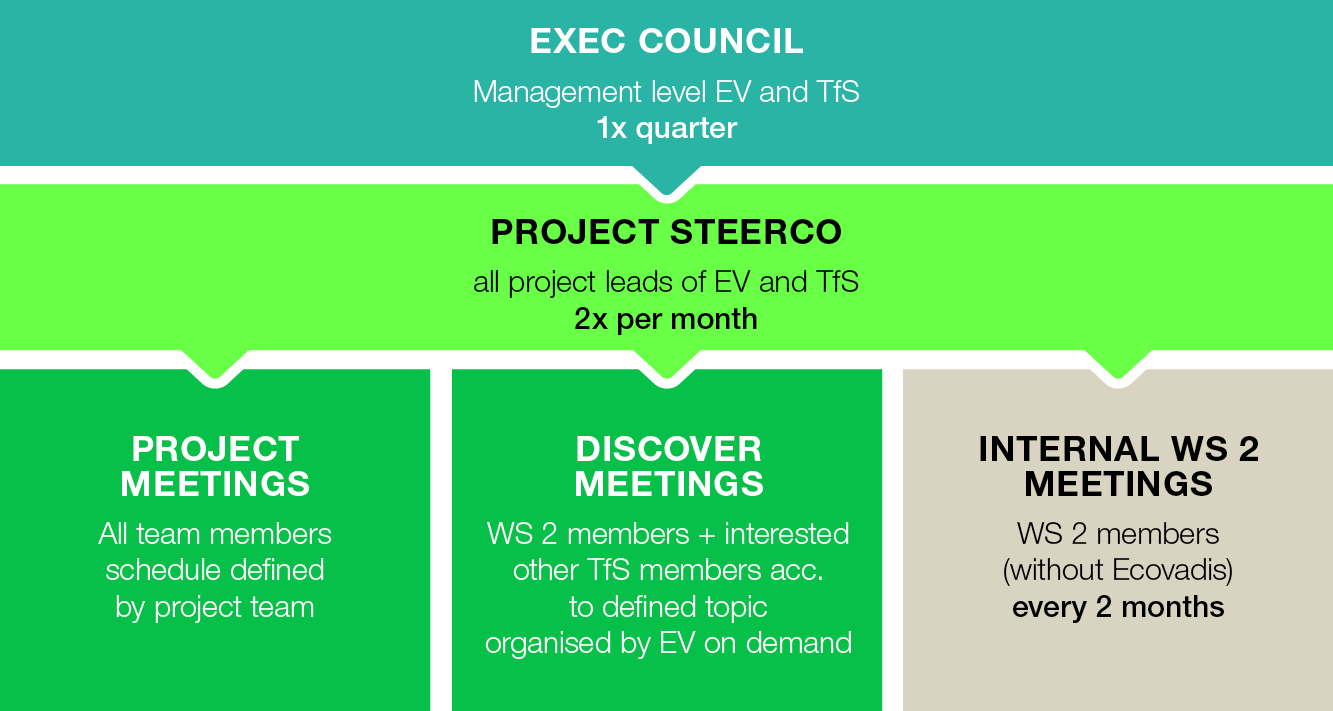
Project management
As project management via Powerpoint and Excel can be outdated and time consuming, we will now use Mural as a project management platform. Mural displays all ongoing projects and their milestones. In each project SteerCo status and next steps are updated.
Furthermore, we use a project kick-off template for each project to identify pain points, requirements, and desired outcome. As Mural is very flexible, we can add more information, such as relevant personas for the solution, as required.
News on people

Since the start, Stephanie Dinter Crocq had been our Key Account Manager at EcoVadis. As EcoVadis is now handling TfS as a “branch initiative” this role will be taken over by Annette Quincy.
EcoVadis has also installed a new Impact team with Valery Touchon as head.
Within workstream 2, we welcome two new members

Joyce Tian joined the Procurement - Performance team as Senior Procurement Sustainability Analyst from 1 March 2022. She joined the Solvay Internal Audit and Risk Management department in December 2016. Joyce holds a Bachelor in international accounting from Shanghai University of International Business & Economics and a Masters in International Accounting and Financial Management from the University of Glasgow (UK). Before joining Solvay, Joyce spent two years at PricewaterhouseCoopers in Shanghai as Assurance - Senior Associate.

Emre Bener is a Turkish expat, living in the Netherlands for the past six years. After graduating from the “Supply Chain Management” master’s programme, he joined LyondellBasell four years ago. Since then, he has been working on the Systems, Data and Processes sides of business. Emre’s hobbies include tennis and pool (billiards) but currently, most of his time is devoted to his recently adopted kitten.
YOUR INPUT

New TfS Multi-Tier Transparency Project
Multi-Tier transparency (insight in the sustainability performance of suppliers’ direct suppliers) is becoming more and more important. Customers expect suppliers to know more about their supply chains and raw materials in order to guarantee sustainable practices along the whole value chain.
By gaining a better understanding of practices of suppliers and sub-suppliers for corporate social responsibility (CSR) and sustainability, all players can provide more transparency in their quest for more ethical and sustainable supply chains.
In the future, supply chain management including Multi-Tier transparency will be even more important for risk management and will help accelerate reaction to any crisis in supply chains.
To increase the sustainability proposition offered by TfS, a pilot project on multi-tier transparency in the supply chain has been successfully conducted via the EcoVadis platform.
The process has been implemented and already offers TfS members a much better communication with their direct suppliers regarding sustainability in the supply chain and on the other hand directly shows what still has to be improved to give TfS members the opportunity to make a positive impact on their supply chain. Therefore, the pilot project has been closed.
However, when reviewing the pilot process and outcome, the project team identified gaps between expectations of the TfS members and the implementation of the project on the EcoVadis platform.
This includes:
- a clear understanding of how actively Tier 1 suppliers invite Tier 2 suppliers to assessments
- how many Tier N suppliers are already in our pool
In addition to our own expectations, the introduction of the new supply chain law in Germany and the proposal for a European Corporate Sustainability Due Diligence directive will make transparency regarding Multi-Tier scorecards necessary.
Therefore, TfS decided to start a new Multi-Tier Transparency Project, define once again the needs and work on solutions how to implement them in the EcoVadis process / platform.
If you would like to help to improve the Multi-Tier process and contribute to the project, please let us know!
Currently, WS 2 has 9 members:
Team members:
Project contact
Remote Audits: status update
Remote audits may become an increasingly valuable alternative to onsite sustainable audits. We must use technology to our advantage and arm ourselves against new lockdowns, natural disasters (which may impede air travel) or increasing costs of fuel. Last summer, the TfS Steering Committee provided a requirement that by Q2 2022 all TfS members must provide three remote audits.
Disappointingly as of March 2022 only 24 remote audits have been completed. So what are the possible reasons for this low number?
While the analysis by Workstream 3 “TfS Audits” is ongoing and is based on a small sample size, the initial review indicates a different geographic and business distribution of remote audits compared to onsite audits.
Of the 24 remote audits completed, China had the lowest representation at 4% (one audit). In contrast, Chinese audits represent 60-70% of our overall audit pool.
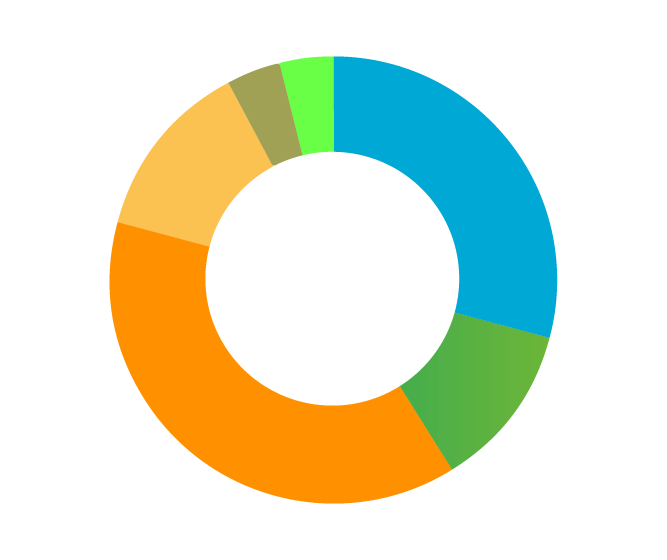
While remote audits were completed in all regions as shown in the chart above, the coverage was found to be very different from our overall audit pool distribution.
Most remote audits were conducted in ‘low-risk’ regions such as Europe and North America, which could explain the higher overall average score of remote audits of 89%, well above the 78% average of all audits.
As for business type, it was interesting to note that various services were audited, from packaging to chemical raw materials, with a generally even spread between the various sectors. This is different from the distribution in the overall audit pool where the coverage of chemical suppliers is significantly higher at 53%. Again, this could partly be explained by the lack of Chinese suppliers (representing the largest percentage of overall TfS chemical suppliers) being audited remotely. On the other hand, European and American suppliers mostly represent logistics, services, and other suppliers.
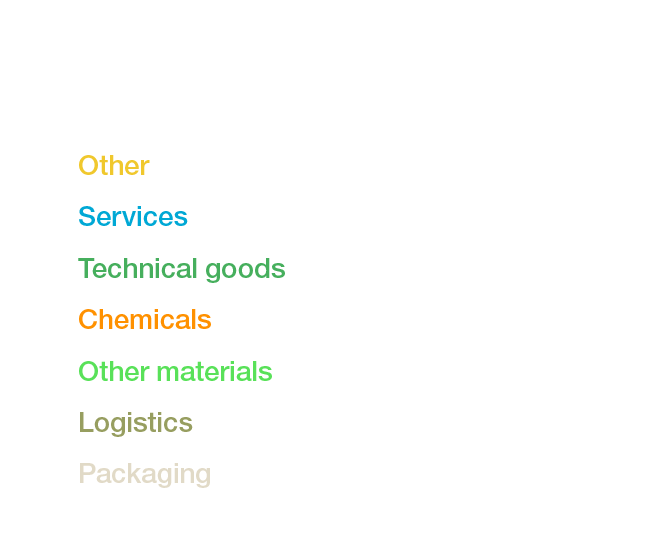

While the sample size is much lower than anticipated, the data is being analysed qualitatively and quantitatively and recommendations will be provided to the Steering Committee on the position of remote audits in TfS.
Some of the preliminary feedback we received from members who requested remote audits with their suppliers but were unsuccessful, related to:
- The additional time spent to prepare the audit is more than foreseen. This would outweigh the costs on auditor travel.
- The ban on electronic devices in some factory areas can prove quite a hurdle to proceed with a remote audit.
We will consult with our members to identify other thresholds.
SHARE YOUR EXPERIENCE
If you would also like to share your experience on remote audits both positive and negative, please email them to: helpdesk@tfs-initiative.com.

Collaborative
Action
New round of supplier training scheduled for April
TfS is planning a new round of Supplier Training in April 2022. All member companies are requested to invite their suppliers to the EcoVadis Webinar Session of the Together for Sustainability Initiative.
The aim of the webinar is to provide members and their suppliers with a deeper understanding of the TfS programme, to equip them with knowledge on utilising the EcoVadis platform, and to draw their attention to key areas of the assessment.
The training will include live demos to help you navigate the EcoVadis questionnaire and platform.
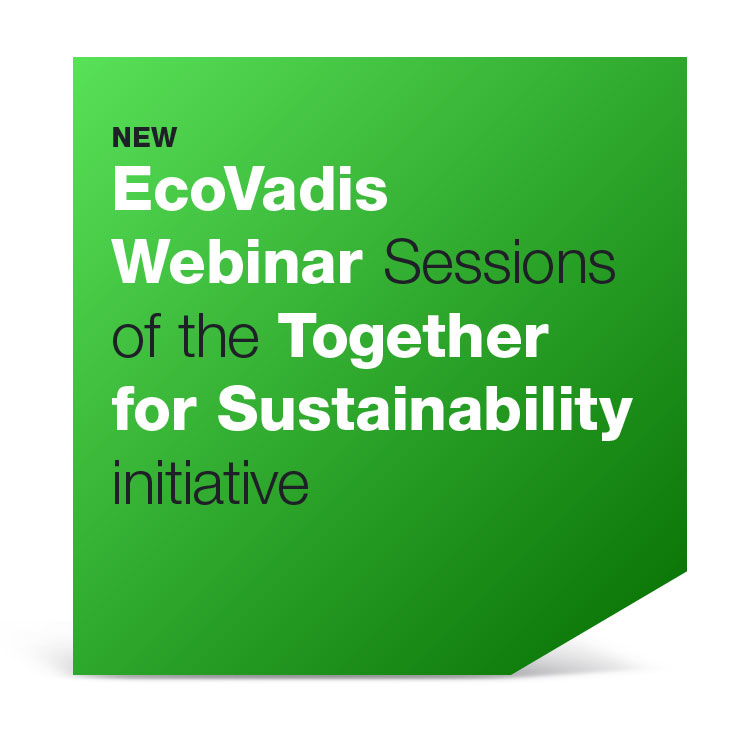
The objectives of this webinar are:
- Getting-to-Know the Together for Sustainability Initiative
- Understanding the EcoVadis assessment
- Understanding the EcoVadis methodology and scorecards
- Understanding and using the Corrective Action Plan (CAP) tool and available resources
This training is free of charge and takes place in multiple languages. Please register to the session that suits you best by using the links below.
Project contact
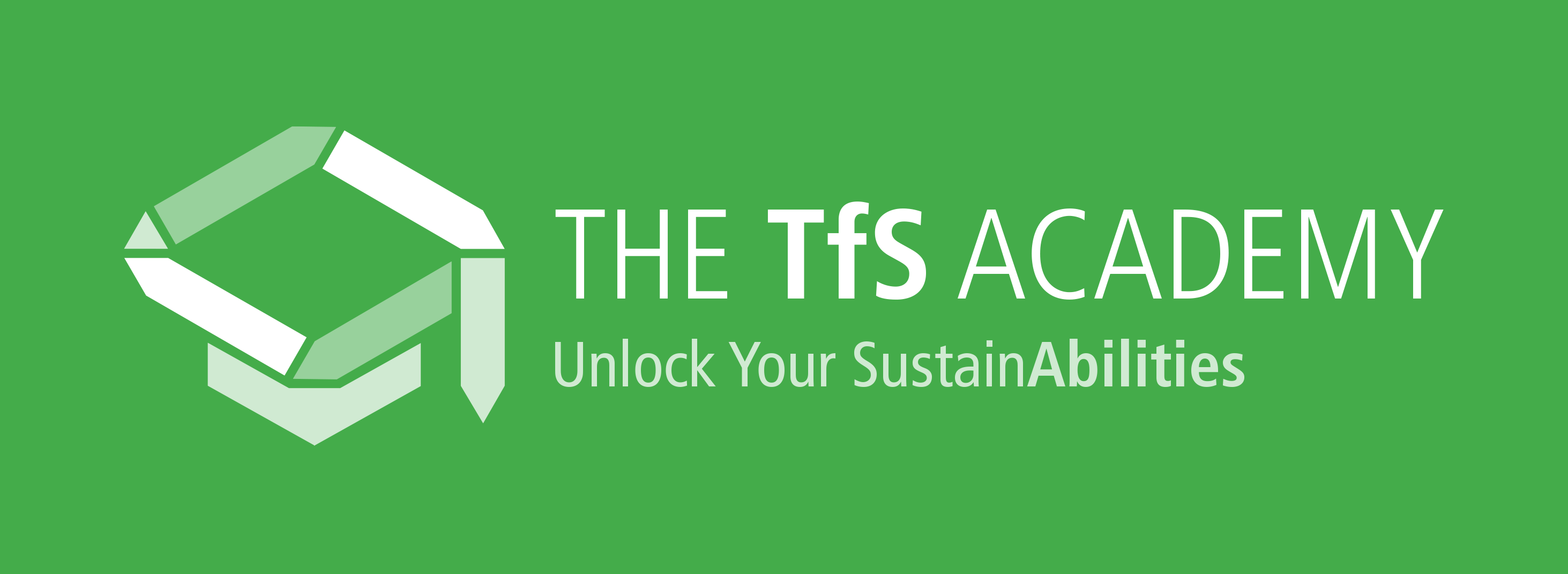
Unlock your SustainAbilities at the TfS Academy
The TfS Academy opened its virtual doors earlier this month. An online learning and development platform, the TfS Academy has been specifically designed to help upskill TfS member companies’ procurement teams and their chosen suppliers on all things sustainability.
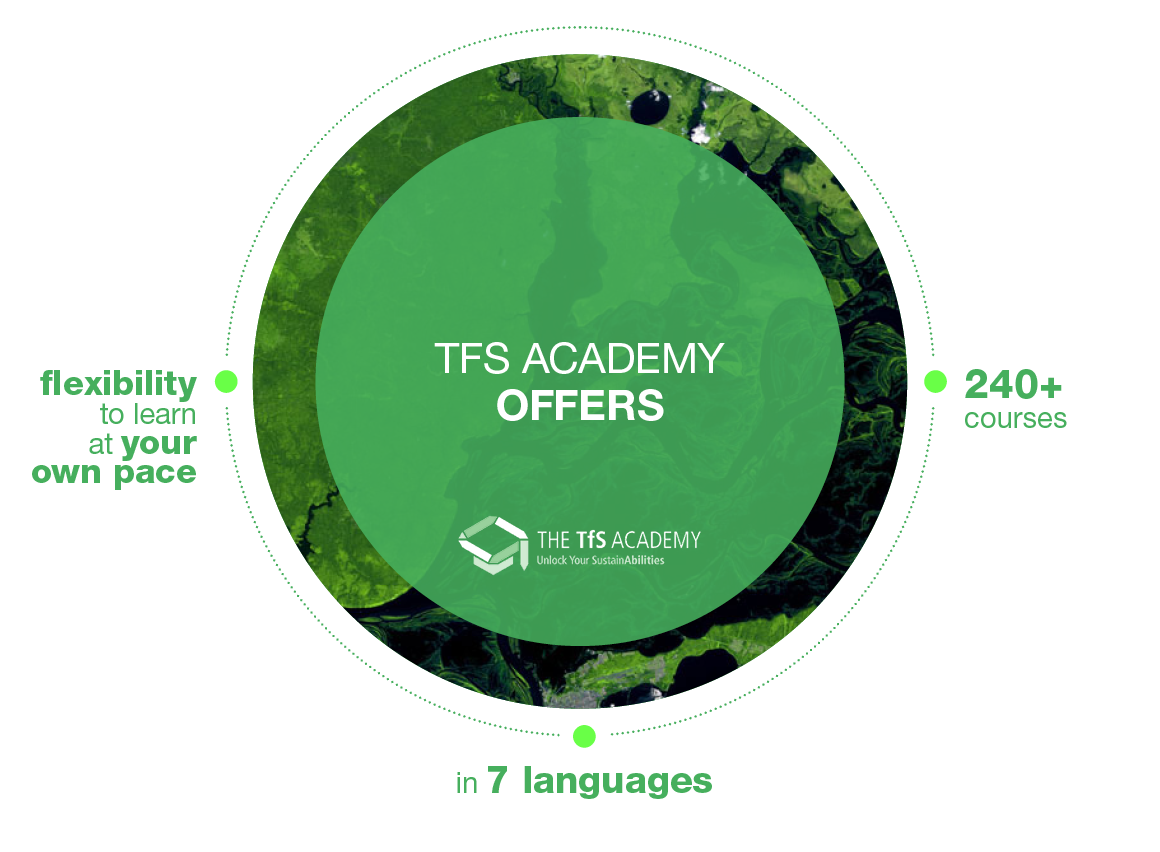
If you have not already done so, we encourage you to start learning now! In the TfS Academy you’ll find hundreds of courses in seven languages, touching on everything from key concepts, to the latest in sustainable procurement trends. TfS member companies and their supply chain partners bring together a wealth of existing knowledge and expertise. The TfS Academy aims to build on this and complement existing skillsets with a range of courses which vary in length and depth, allowing you to learn at your own pace and on the topics that interest you the most.
Best of all, access to the TfS Academy is completely free for all employees of TfS member companies, as well as selected supply chain partners.
We encourage to contact your suppliers so that they can upskill their knowledge as well!
The video “Welcome to the TfS Academy – Unlock your SustainAbilities” provides a good introduction to the overall concept of the TfS Academy
GET STARTED?
programme
TfS launches comprehensive impact measurement programme
Accompanying the launch of the TfS Academy, TfS also began a comprehensive impact measurement programme.
The launch of the TfS Academy is part of the overall Grow & Deliver strategy. A crucial pillar of this is to pivot from capturing the status quo through audits and assessments towards delivering substantial positive impact in chemical supply chains. With the launch of the TfS Academy, TfS is taking an important step in this direction. To accompany the launch of the TfS Academy, we are also launching a comprehensive impact measurement programme. This will enable TfS to measure the tangible impacts the organisation makes to improve sustainability in chemical supply chains. The programme will establish causality between TfS audits and assessments, trainings, and sustainability performance improvements.
Objectives
The programme will measure the increased sustainability performance of TfS members’ suppliers. It will correlate suppliers’ EcoVadis score and TfS audit results to the impact of training offered through the TfS Academy. In addition, the programme will allow TfS to understand which learning approaches have the most impact on the factory floor; how the TfS Academy contributes to the growth and outreach objectives of TfS and thus to the establishment of a global standard for the environmental, social, and governance performance of chemical supply chains; and to what extent TfS is developing a stronger sense of community and collective progress.
The measurements will also consider the development of sustainable procurement practices by buyers including their expertise in assessing the sustainability performance of suppliers.
Method
The TfS impact measurement approach is based on the IOOI framework (Input, Output, Outcome, and Impact). This method was developed by the Bertelsmann Foundation and is a logic model suitable for measuring social impact. It fits the aims of the programme as it provides a framework that enables TfS to integrate impact evaluation into the life cycle of the TfS Academy.

Scope 3 GHG emissions Product Carbon Footprint guideline for chemical materials and sharing solution - update
TfS, with its 33 member companies, are working on a solution for Scope 3 GHG emissions Product Carbon Footprint calculation and sharing solution. This ensures transparency and accountability in the chemical industry to enable effective reduction management.
Programme highlights:
- Accelerated delivery of the Supplier PCF Guideline for chemical materials to Q2 2022, several months ahead of schedule
- To ensure the guideline’s applicability to a wide range of chemical materials, TfS will kick off a pilot phase with suppliers and TfS members in April 2022.
Problem description
Many companies currently estimate greenhouse gas (GHG) emissions of their purchased goods based on global emission factors or generic information. To monitor reduction efforts for such “purchased emissions”, emission data on product- and supplier-level are required, so-called Product Carbon Footprints (PCF). There is currently no harmonised and specific approach amongst companies to calculate PCF, and the limited available data shared is often not directly comparable. Many industries are facing the same challenges and have initiatives to develop applicable solutions.
TfS started with a sector guideline for scope 3 GHG Product Carbon Footprint (PCF) calculation for chemical materials by developing a data collection & sharing approach in close alignment with external stakeholders. This enables TfS member companies to engage with their suppliers at scale.
Guideline & scalable IT platform
TfS takes the lead for the chemical industry by:
- developing a sectoral guideline of a Product Carbon Footprints (PCF) calculation for chemical materials which is “audit-ready”, ISO-compliant, and accepted by the GHG Protocol
- introducing a scalable IT platform to allow sharing the upstream PCF among TfS member companies
- equipping TfS member companies to use the calculated PCFs for their individual carbon footprint calculation
Extensive stakeholder engagement
- collaboration with the WBCSD, Catena-X, Cercle Task Force, VCI, WRI, WEF, and SBTi preparing & aligning for drop-in solution
- early mobilisation to ensure supplier acceptance and acceleration from day one
Mid-April until end-May: Pilot of the supplier PCF guideline
All TfS member companies have been invited to nominate one supplier of their choice for the pilot phase. If the member was unable to participate themselves, they could nominate two suppliers to join the pilot.
52 Companies signed up for the pilot; 22 member companies and 30 suppliers, representing Europe, US, India, Brazil and China. These companies have diverse experience levels in terms of PCF calculation.
Prior to the start of the pilot, suppliers and TfS members will receive training material and be invited to a kick-off workshop on 7 April. There will be two additional Q&A sessions during the pilot phase.
The learnings from the pilot will be used for the development of professional training materials to accompany the public launch of the guideline.
Updated delivery timeline
- Guidelines & training on methodology ready for pilot in Q2/2022
- PCF guideline pilot with selected suppliers starting in Q2/2022
- Platform selection and pilot Q3-4/2022
- Roll-out of methodology & IT solution Q1/2023
We plan to publish the Supplier PCF Guideline by Q2 2022 and start the pilot solution for collection and sharing from then onwards.
Program phases/actions
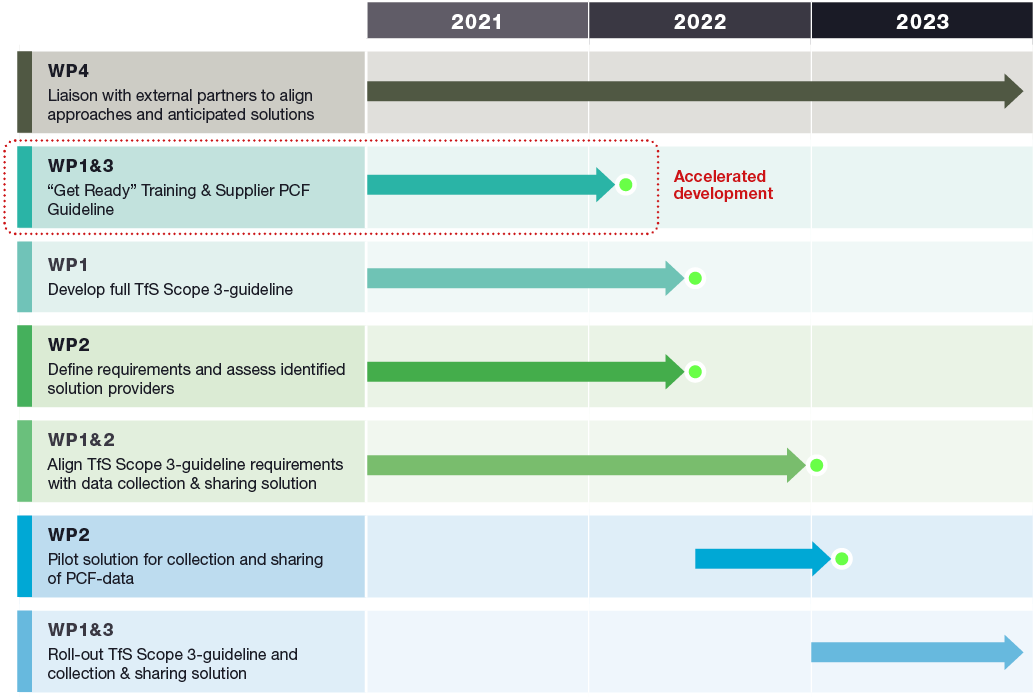

Stronger
Community
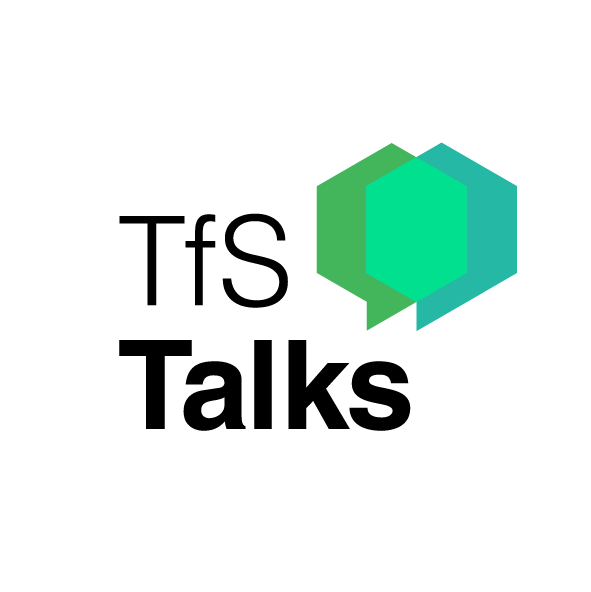
#TfSTalks “Exploring the sustainability case for Supplier Diversity”
#TfSTalks are online discussions on sustainability topics of joint interest to the TfS community. During each webinar, a TfS member presents best practice around a specific topic to foster dialogue and exchange of learnings.
The first #TfSTalks of 2022 took place on 9 March 2022. The session, “Exploring the Sustainability Case for Supplier Diversity”, focused on the value of supplier diversity programmes. The panel discussion was led by members of the TfS North America regional committee: Sara Nickovich (Bayer); Gen Lund (BASF); Michelle Morin (Corteva) and Marisa Jakubovic (Covestro). Nearly 200 participants joined for a lively Q&A session.
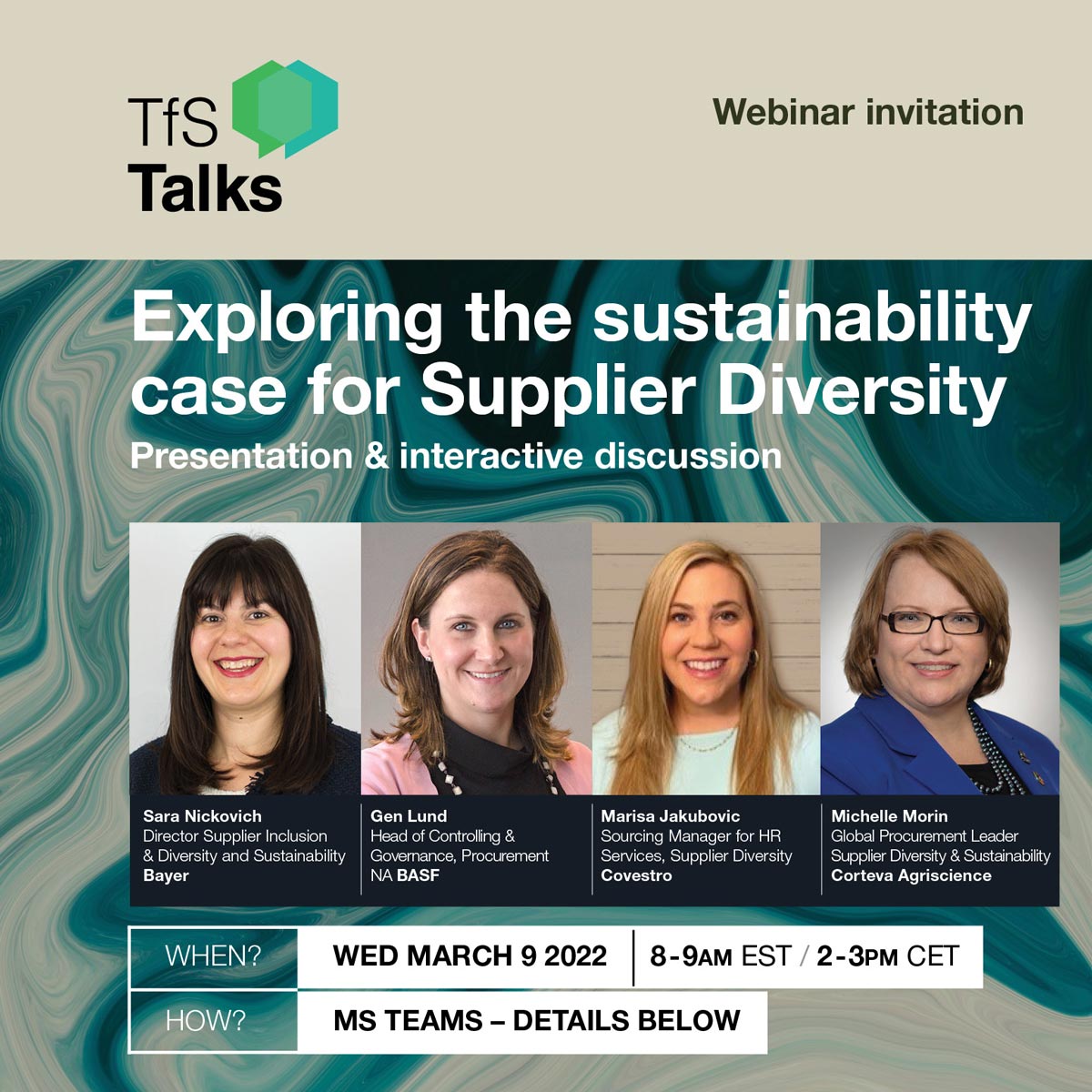
A diverse supplier is a business that is at least 51% owned, operated and controlled by an individual or group that belongs to a traditionally underrepresented or undeserved group. These definitions vary around the world, but commonalities exist, for example woman-owned enterprises are universally recognised across countries.
During the #TfSTalk, a brief overview of the history of supplier diversity was given. Its history is rooted in the civil rights movement of the 1950s and 1960s and was driven by legislative mandates in the United States. Over the years, other countries have followed, with expansion in Europe (UK, France), Australia and South Africa through the Broad-Based Black Economic Empowerment (B-BBEE) Amendment.
Supplier diversity is continuing to increase globally and has gained momentum through sustainability and inclusion & diversity programmes. Multinational companies, like our TfS members, are taking a global view and exploring opportunities to support diverse suppliers. While the initial groundwork for supplier diversity was laid in the US, we continue to see expansion and commitment to responsible sourcing across the globe. Companies have realised that not only is it the right thing to do, but it is good for business as well. Customers and shareholders are gaining interest in inclusion and diversity - including who a company chooses as a partner.
The presentations, webinar recordings and Q&A summary document of each of the #TfSTalks can be found on the TfS SharePoint.
All TfS members have access to the TfS SharePoint (see “Useful resources”).
#TfSTalks are scheduled every quarter. The next edition of the #TfSTalks webinar is scheduled for the end of May 2022. Stay tuned!
Project contact
TfS – key partner to the World Petrochemical Conference, Houston, Texas, 22-25 March 2022
Together for Sustainability was industry partner to the 2022 World Petrochemical Conference (WPC). The conference theme “Navigating toward Net Zero: Seeking a Sustainable and Valuable Chemicals Future through Integration and Innovation” underscored our industry-wide mission to continuously improve the sustainability performance of chemical companies and suppliers.
The WPC conference provided TfS with a powerful platform to promote our activities including the development of our Scope 3 GHG emissions Product Carbon Footprint calculation of chemical materials and sharing solution, and the TfS Academy.
Our industry partnership included following highlights:
Situated at a prime location, the Together for the Sustainability Hub at the Genius Exchange demonstrated the power of industry collaboration in an open environment. The TfS Hub offered a physical “center” for exchanging ideas, networking, and disseminating information to the broader community. It showcased our commitment and contributions to sustainability.
Networking at the Together for Sustainable Hub happened daily throughout the conference.
The Strategic Dialogue Lunch: TfS Fireside (hybrid) chat took place on 24 March and demonstrated the power of industry collaboration as well as the critical role of supply chains in making businesses more sustainable overall.
Conversations around the impact and benefits for chemical companies, and questioning what the future will hold were moderated by Rob Westerfelt, Editor-in-Chief Chemical Week. Panelists included Gabriele Unger (General Manager, TfS), Mitch Toomey (Director of Sustainability, BASF Corporation), and Jennifer Jewson (VP Global Procurement LyondellBasell).
Panellists provided clarity on the value proposition, programmes, and benefits of TfS. BASF and LyondellBasell shared their views on what they consider to be the biggest sustainability challenges (environmental, social, and economic) for the petrochemical industry, and what supply chains and procurement can contribute towards addressing them. As LyondellBasell is a relatively new TfS member, Jennifer Jewson was able to shed light on the role of an industry initiative such as TfS and her company’s rationale for joining.

IN FOCUS

World Sustainable Procurement Day
With participants from all over the world, the inaugural World Sustainable Procurement Day (WSPD) took place on 21 March 2022.
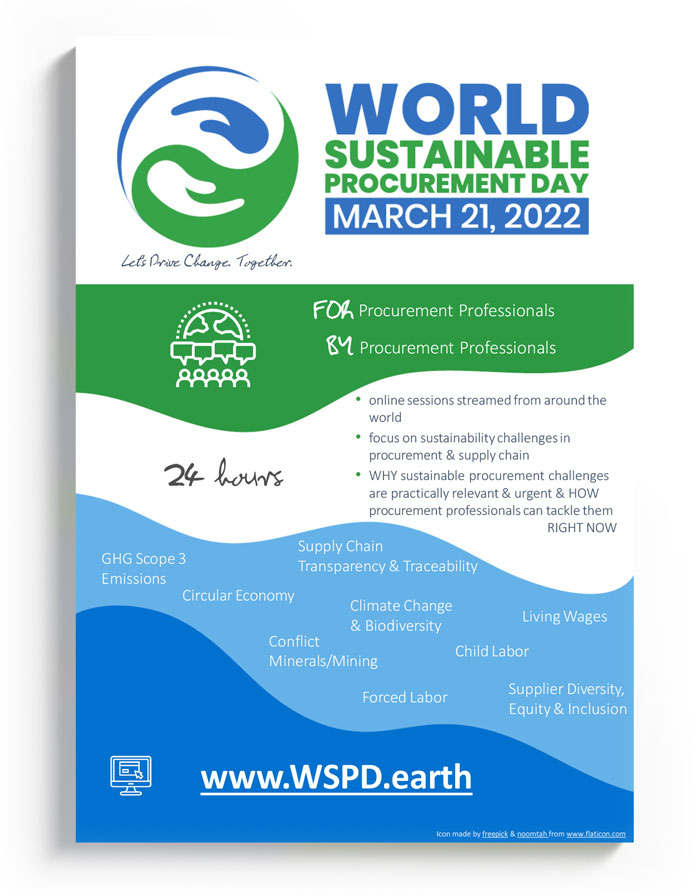
Recognising that there was no global event dedicated to sustainable procurement or addressing the challenges procurement professionals face, the Sustainable Procurement Pledge (SPP) Team decided to act. The idea for World Sustainable Procurement Day was born in December 2021. Three months later, on the spring equinox (21 March), that idea became a reality. More than 2,800 procurement, supply chain and sustainability professionals participated - benefitting from 20 sustainable procurement sessions featuring more than 70 speakers.
The range of speakers spanned every level of industry experience: from students and young professionals, to those rising through the ranks, to Chief Procurement Officers. Session content was equally diverse, addressing a plethora of topics including Supplier Diversity, Human Rights Risks in Indirect Spend, Collaboration, Education, Tools to use with Suppliers to address Climate Change, Technology, Modern Slavery, and Living Wages.
SPP Ambassadors and representatives from GSK, Unilever, SAP, Together for Sustainability, Bayer, Merck, Accenture, SC Johnson, Henkel, Zurich Insurance, Pfizer and Roche among many others - along with representatives from the Living Wages Foundation and the Slave Free Alliance - shared experience and best practice. The event provided an opportunity for all to engage with the challenges and opportunities of sustainable procurement.
A special highlight was the TfS panel discussion with representatives from seven TfS member companies including TfS President Bertrand Conquéret and complemented by TfS General Manager, Dr. Gabriele Unger. 444 registrants signed up for the session and listened to a lively exchange between “old hands” in the TfS membership and newcomers. The conversation ranged from challenges to success factors and the new TfS Scope 3 workstream. A lively Q&A demonstrated the importance of collaboration and member engagement in initiatives such as TfS.
Ahead of the event, international and regional organisations, publishers and communities supported World Sustainable Procurement Day. The hashtag #WorldSustainableProcurementDay ensured maximum visibility, with procurement departments attending – and celebrating - from all over the world.
All session recordings will soon be made available on www.spp.earth.
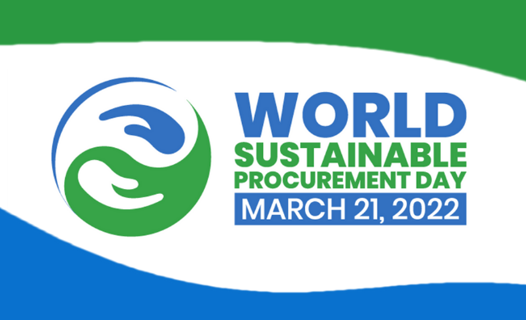
Save the date!
World Sustainable Procurement Day 2023 will take place again during the spring equinox on March 21, 2023.
Mark your calendar!
Useful resources
Do you want to learn more? Check out following resources
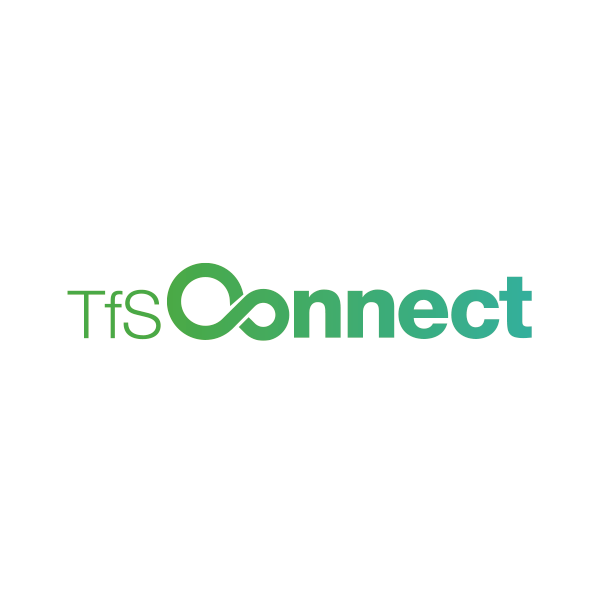
TfS Connect website
This includes an archive of previous newsletters. It can be insightful to go back and read the valuable content of previous newsletters.
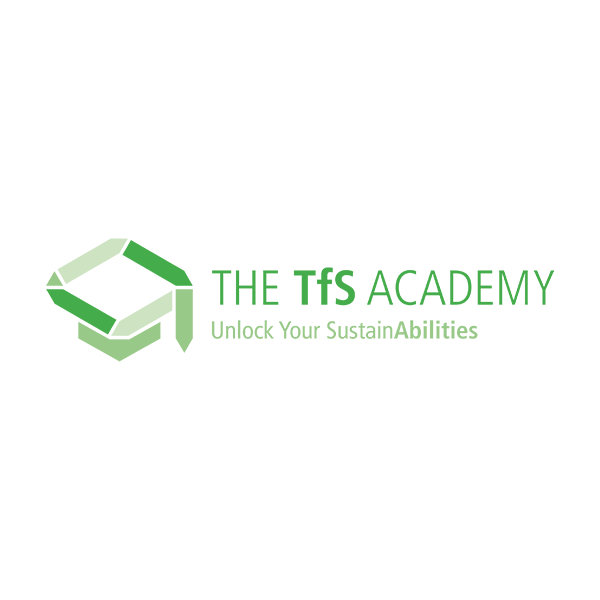
TfS Academy
A tailored learning and development platform, the TfS Academy has been specifically designed for help upskill TfS member companies’ procurement teams and their chosen suppliers on all things sustainability.
TfS Anniversary website
A one-stop discovery of all keynote and other speeches and panel sessions recordings of the global TfS Anniversary celebration “TfS – 10 years in the future”. The Website, and downloadable videos, are available in four languages (English, Spanish, Portuguese and Chinese).

TfS Sharepoint
Your secure destination for standard TfS documents and information organised in general and Workstream-specific folders. TfS sharepoint is password protected.
Need a password?
Send an email to info@tfs-initiative.com
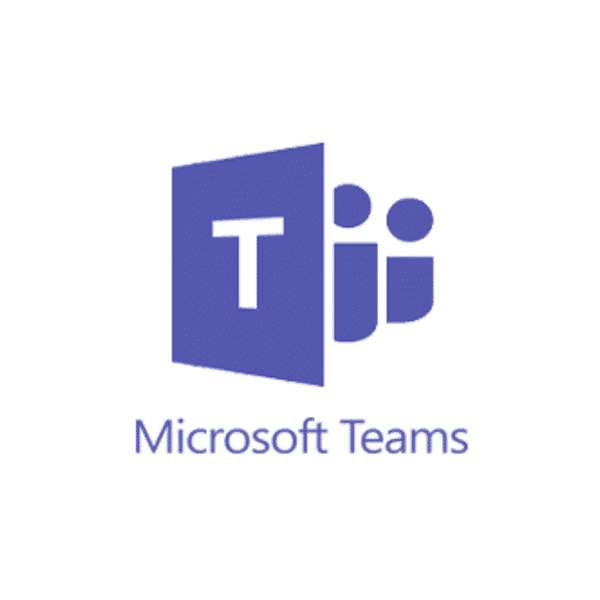
TfS Teams
Collaborative working platform for several Workstreams or joint TfS projects; to be used by people invited to a Workstream or project. The Workstream Chair or Co-Chair decides on invitation.
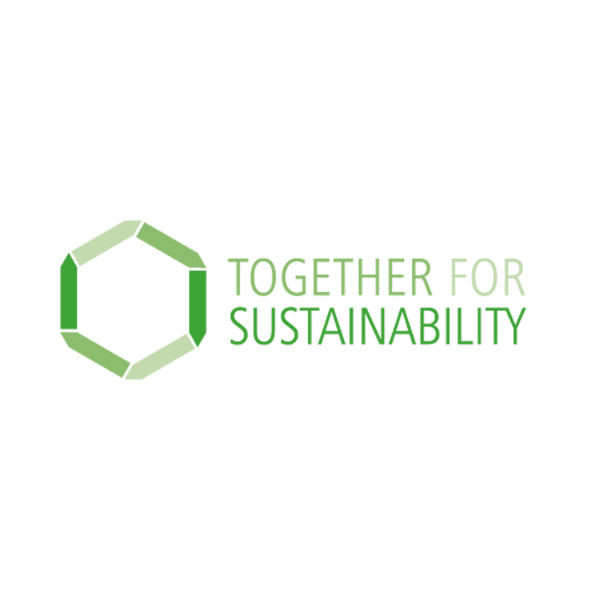
TfS website
The platform for all TfS info, latest news, videos, supplier academy, etc.

TfS YouTube channel
Containing several videos to help you better understand TfS, its strategy, activities, and processes.

TfS LinkedIn
Connect and follow the TfS LinkedIn to stay abreast of the latest TfS news and activities.
ACCESS TO THE FULL NEWSLETTER WEBPAGE
If you have issues connecting to https://tfs-connect.org/, you may need to whitelist the url.


